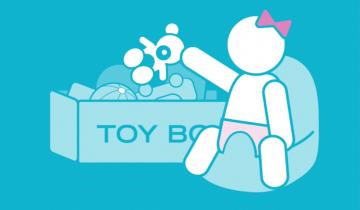This review explores how muscles adapt to various forms of exercise in children and adolescents with CP.
As we all know, becoming a teenager means significant upheaval, not only physically, but in terms of friendships, in terms of learning, and life outlook. This is also true for adolescents with cerebral palsy and other developmental disabilities. We know that whilst we may of spent a lot of time focusing on their physical abilities and other difficulties it is not the only part of their life.
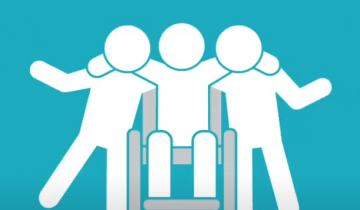
Around the age of six all children are going off to school. Children move from explorative play, which is fairly informal to a much more formal day. That can be a lengthy day and it's quite structured. There are a lot of challenges faced by children with cerebral palsy throughout the school year.
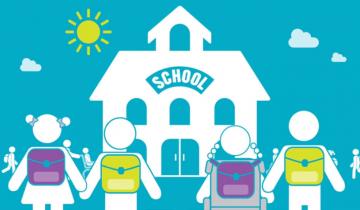
Let me tell you about multimodal communication. We, as typical communicators, all use many different strategies. We use speech, gestures, facial expressions, technology, and no-tech solutions. As communicators, we all size up the situation based upon our communication partners, the context, the environment and then we choose to use the most effective communication strategy.
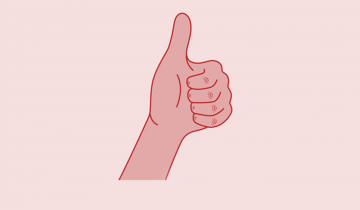
When treating a child with CP, part of a pediatrician’s job is assessing and treating children with abnormal tone difficulties, as well as other muscular-skeletal problems. From around the age of two years, kids start to develop difficulties with muscle tone that can have an impact on their hip development.
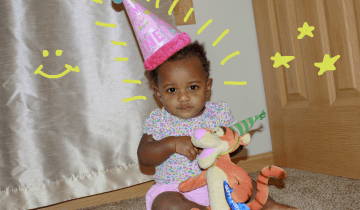
When first meeting a parent who's had a child newly diagnosed with cerebral palsy, I really want to try and help them understand their baby. It can be difficult for parents to take it in all at once and many leave that first interview quite overwhelmed, but you're going to meet some really important and helpful people.
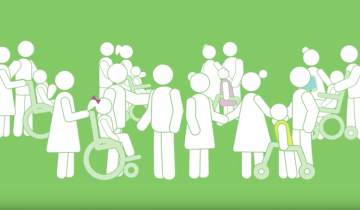
Babies develop about 80% of their brain growth over the first two years of life, and it's also when all the connections in the brain, what we call the white matter, which is the cables in the brain, grow and develop and connect to the cortex.
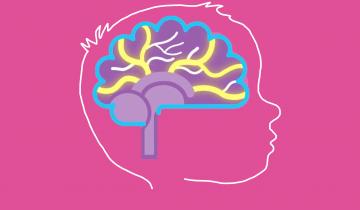
A speech language pathologist is someone who is trained in working with kids and adults. Everything from working with articulation errors and correcting things to what I do, which is working with people with profound physical impairments and getting them augmentative communication strategies.
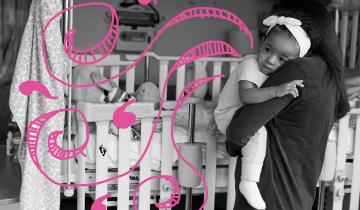
A lot of parents don't realize that their baby, all the skills that they have. So they can look at you, they can follow you. They're already starting to imitate you, and through the first few months of life, they're already starting to learn to reach and grasp toys, and to have nonverbal communication with you.
